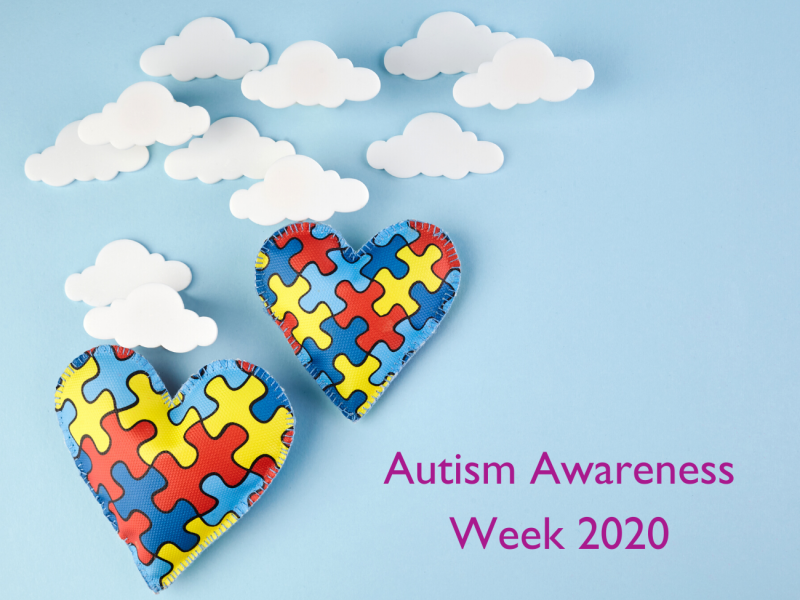How Autism Can Affect Eyesight and Hearing
Apr 01, 2020 in Leightons News

It’s World Autism Awareness Week – an event that strives to raise awareness of autism and educate people on how to better understand the condition and those that live with it.
These are extraordinary times for all of us. But for those with autism, it can be particularly difficult. It makes National Autism Week especially poignant this year. It only highlights why we should make the extra effort to be inclusive of those with the condition who might be struggling in these difficult times.
Sensory sensitivity
Autism is a developmental disability that affects how a person experiences the world around them and how they relate to other people.
Sensory sensitivity – when sight and sounds (as well as other senses) can be unpleasantly overwhelming – is common for those with autism. An overload like this can cause a great deal of stress, anxiety and even physical pain. Understanding this can help us make life a little more bearable for those with autism.
But there are things you can do to help. Making the following adjustments could make an environment more comfortable for a person with autism and help prevent sensory overload:
Sight
- Reduce fluorescent lighting
- Use blackout curtains
- Create a workstation or desk with high side walls or dividers to block visual distractions
- Provide sunglasses
Sound
- Use visual supports to back up verbal information
- Close windows and doors to block out background noise
- If you are going somewhere crowded or noisy, warn them first
- Provide earplugs or headphones to listen to music
- Create workstations or desks in a quiet area
The most important thing is not to judge someone who is experiencing sensory overload. Remember that your reaction can make all the difference.
Other symptoms and how to help
As well as sensory sensitivity, it is quite commonly known that those on the autism spectrum face high levels of anxiety in social situations and find it difficult to interact and communicate with others. They also often need more time to process information, like questions or instructions, and can feel very anxious about change and unexpected events – making the current fast-moving coronavirus situation even harder to deal with.
To help a person with autism face these challenges, the National Autistic Society has come up with five tips you can follow:
- Give them as much notice as possible about changes to plans or routines and alert them beforehand about unexpected events or circumstances
- If you’re planning a social event, give them as much information about what they should expect as possible
- Don’t rely on facial expressions or body language – some people with autism can struggle with this
- Offer them a quiet place to retreat to if needed
- Always take the time to explain things clearly – allow them to process the information and answer any questions they might have
If you’d like to find out more about National Autism Week, take a look at the National Autistic Society’s website.

